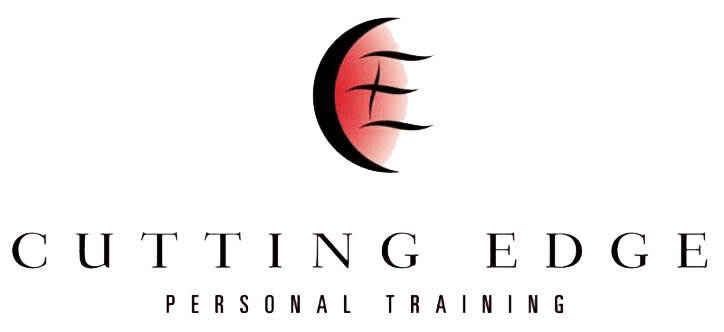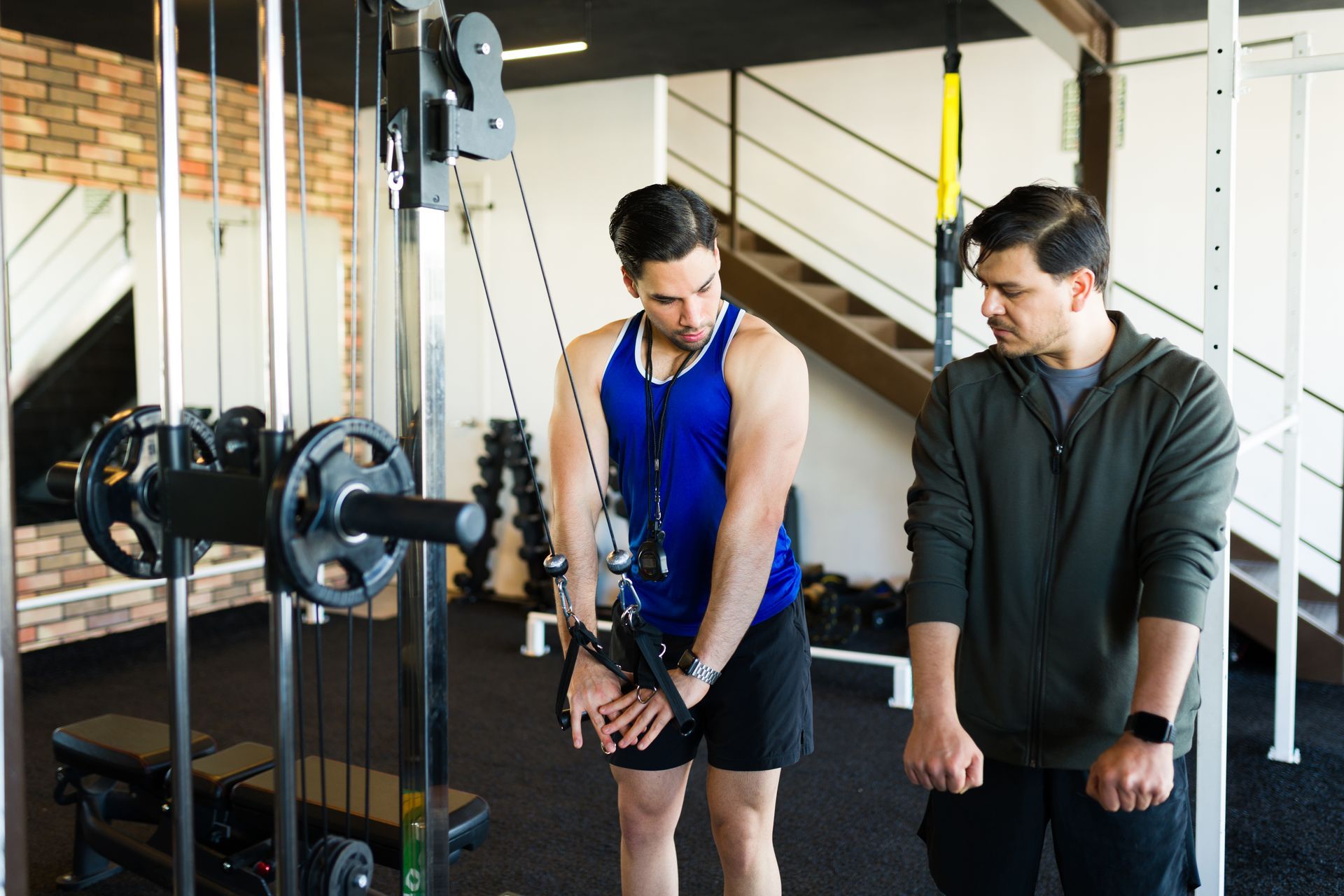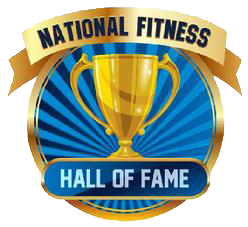November 1, 2022
Alcohol & Fitness - Should You Exclude It Completely?
There's a lot of debate around whether or not alcohol should be consumed if you're trying to get fit. Read this article to make the best decision for yourself.
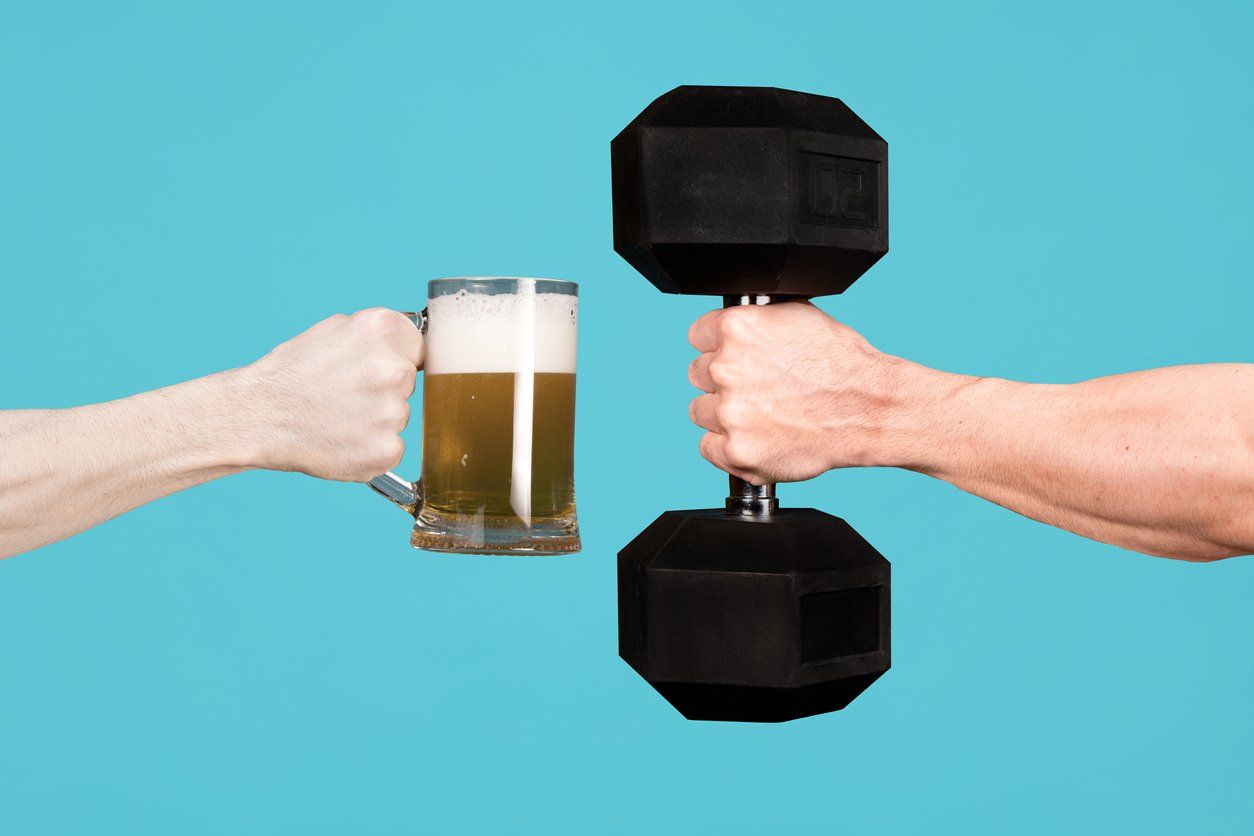
Alcohol & Fitness - Should You Exclude It Completely?
We've all heard the saying, "moderation is key." But when it comes to alcohol and fitness, is that really true?
Can you have a drink or two and still achieve your goals? Or does alcohol completely cancel out all of your hard work at the gym?
In this post, we'll explore the effects of alcohol on fitness and provide some tips for how to include it in your life without compromising your progress.
What Is Alcohol?
Alcohol, specifically ethanol, is a clear, colorless, and flammable liquid that is produced through the fermentation of sugars.
This process happens when yeast cells convert sugars into alcohol and carbon dioxide gas.
Alcohol is the main constituent of alcoholic beverages, such as beer, wine, whiskey, vodka, and others.
Effects & Side-Effects
We've all been there before. A long day at work, a fight with our significant other, or maybe we just had a really rough day, and we want to take the edge off. So we pour ourselves a drink. And it feels good. We relax, let out a deep breath, and suddenly the world doesn't seem so bad anymore.
But what we don't realize is that alcohol is technically poison. It's a central nervous system depressant that slows down the body's ability to function properly.
When people drink alcohol, it quickly enters the bloodstream and goes to the brain. Which is why alcohol affects judgment and lowers inhibitions. Alcohol also impairs coordination, balance, and vision.
While it may make us feel good and more relaxed in the moment, drinking too much can lead to serious health problems like liver damage, heart disease, and others.
All of these potential side effects though stem from one single thing - the fact that alcohol is highly addictive.
I’m sure many of us know someone with an addiction (a psychological dependence on a substance or activity) that has to fight that strong urge to drink or use of substance even though it's causing them problems. Maybe someone reading this right now can relate.
However, those are extreme cases, and for the average alcohol enjoyer, one thing is of true importance…
The Dosage Makes the Poison!
Most people are familiar with the old saying, "the damage is in the dose." The same is true of many substances, including alcohol.
While a small amount of certain alcoholic drinks can (potentially) have beneficial effects on health, drinking too much and too often can lead to serious problems. Therefore, it is important to remember that moderation is key when it comes to drinking and staying healthy.
This means that if alcohol consumption is not daily and controlled, and the balance is still in favor of healthy, constructive habits, you can afford to drink alcohol occasionally without harm.
Conclusion
So, what’s the verdict? Should you exclude alcohol completely if you’re fitness-minded?
The answer is, well, not entirely. It depends on your personal goals and how alcohol affects you.
If drinking causes you to overeat or disrupts your sleep, it might be best to avoid it altogether.
But, if you can enjoy a glass of wine every now and then without any negative consequences, there’s no need to swear off alcohol entirely.
Whatever your decision, make sure to stay on track with your constructive, healthy habits and have alcohol as just a side thing to unwind with.
With a little trial and error, you can find the right balance for you that allows for both health and happiness.
As always, if you need any help on your fitness journey, be it about training, nutrition or recovery, message me! I’m here to help.
